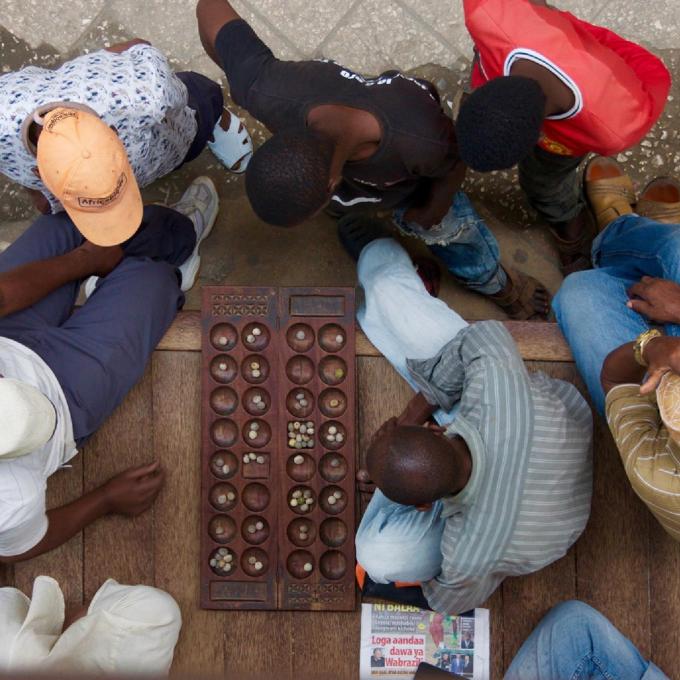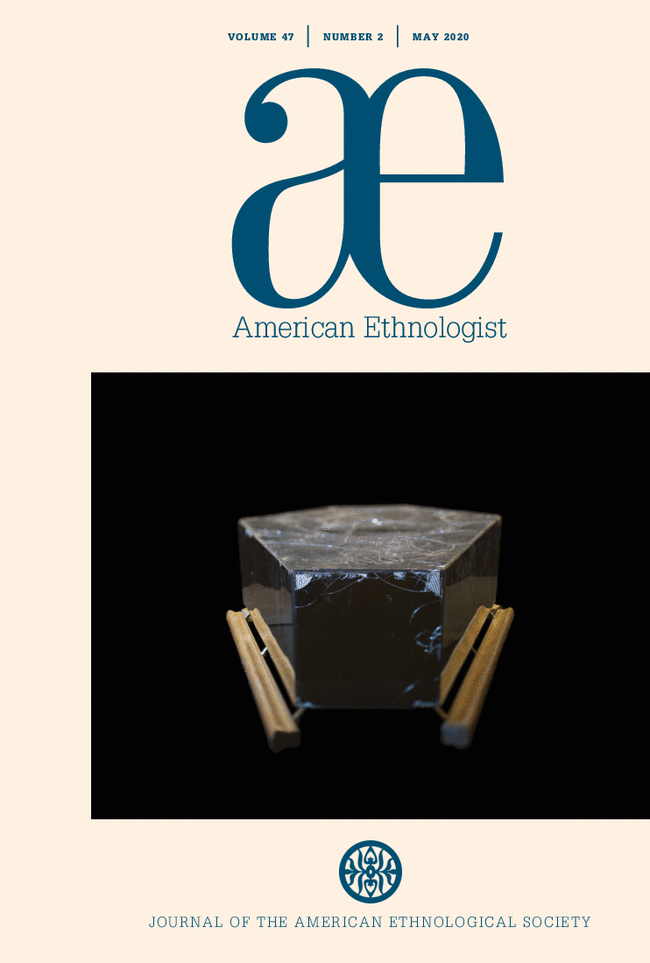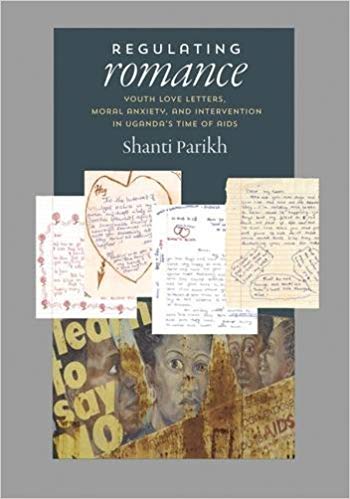Professor Parikh’s research focuses on the intersections of race, gender, sexuality, and capitalism, and the politics of state and global interventions (such as public health, humanitarian aid, and legal reforms) that emerge to manage, protect, and mold populations. Her primary research has been the history and ethnography of sexuality, gender, and class in Uganda, East Africa with particular interest in how they have been shaped by the HIV epidemic and aggressive efforts to track, measure, and control what has become the most studied modern epidemic. She is currently writing an ethnography on black masculinity along the TransAfrica Highway based on over 20 years of research. She is also involved in an on-going research project on commercial sex and mobility in HIV hotspots in truck stops, fishing communities, and sugar growing regions in Uganda.
My research focuses on the intersection of local transformations; global processes; and structures of inequalities surrounding issues of sexuality, particularly gender, sexual and reproductive health, regulation, courtship and romance, and marriage. Using ethnographic and historical methods and critical theory, my research in eastern Uganda focuses on how regimes of regulation and discourses of sexuality have shifted since independence and, more recently, during the HIV/AIDS epidemic. Theoretical questions revolve around how differentiated actors appropriate increasingly accessible, yet often contradictory, images and discourses of sexuality into their everyday debates, conversations, and ideas of sexual relationships. I highlight the ways in which various state, family, health, and local agents attempt to regulate meanings of sexuality and how such struggles are connected to increased anxiety stimulated by sexual health concerns, commercialization of the local economy, and Uganda's connection to global cultural flows. In Regulating Romance: Youth Love Letters, Moral Anxiety, and Interventions in Uganda’s Time of AIDS (Vanderbilt, 2015), I examine youth romance as written in their love letters, and attempts to regulate sexuality through the age of consent law. I pay particular attention to the articulations of historic inequalities such as sex, age, and class in sexual relationships. In a co-authored book, The Secret: Love Marriage and HIV (Vanderbilt, 2009), we consider how marital sex—promoted as protection from HIV—is women’s greatest HIV risk around the world. We develop the concepts of extramarital opportunity structures, sexual geographies, and social risk to understand larger factors that facilitate men’s participation in extramarital sex.
In my fieldwork I integrate ethnographic research methods with active research techniques. By doing so, I enter into dialogue with debates about the role of anthropology in public health and anthropological critiques of development. I have begun further research on infidelity and HIV transmission and the social history of sexuality in rural post-colonial Uganda. Broadly speaking, I am interested in sexual and reproductive health issues, and regimes of sexuality.
Professor Parikh has a joint appointment with the Department of African and African American Studies Department, and courtesy appointments in The Department of Women, Gender, and Sexuality Studies and Urban Studies and Policy. Her courses are also cross-listed in International and Area Studies (IAS) and American Cultural Studies (AMCS). She is a former Faculty Director the Mellon Mays Undergraduate Fellowship Program (MMUF) and Faculty Fellow in T. H. Eliot Residential College on the South 40.




